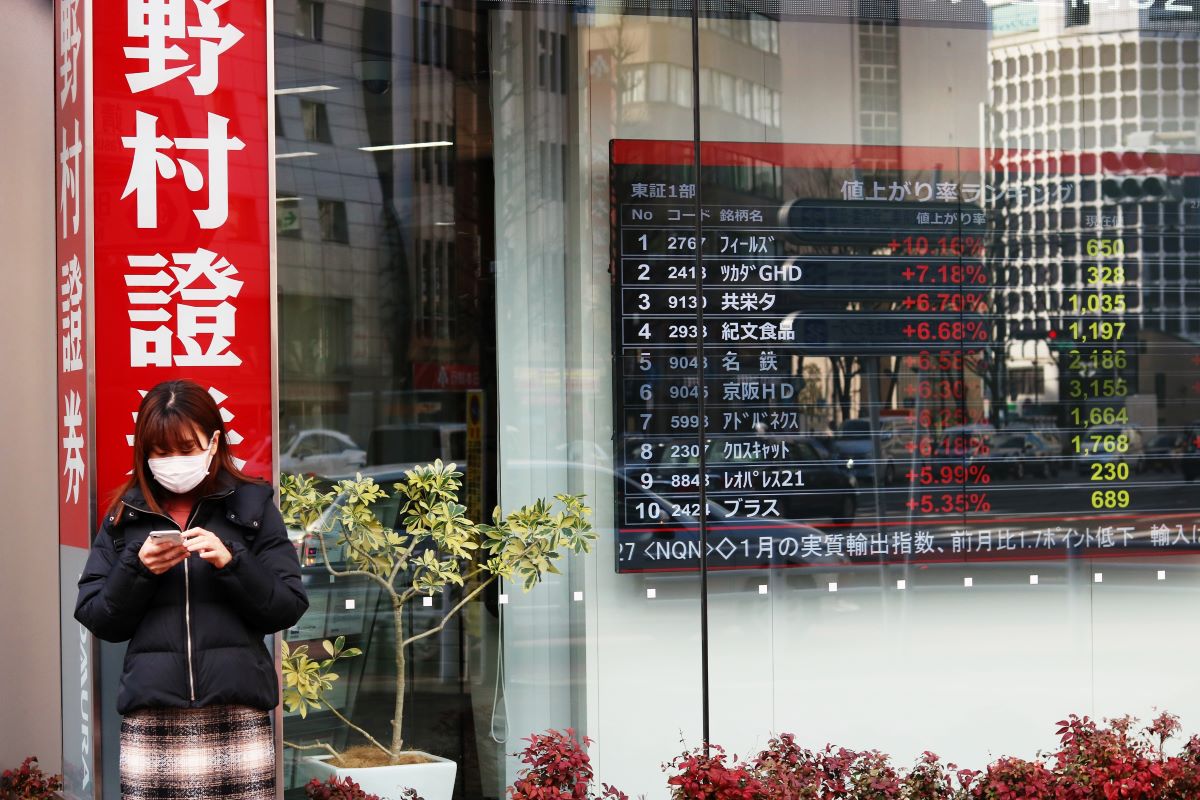After years of price stagnation and declines, Japan’s inflation is back. Fidelity International highlights how an increasing number of Japanese companies are raising prices without much hesitation. The companies are no longer facing any backlashes for price hikes from their consumers. As per the asset manager, this signals that a mild and beneficial form of consumer price inflation has begun to emerge in the country.
Edward Tajima, Analyst and Portfolio Manager at Fidelity opines, “Although more economic data over the coming quarters are needed to confirm a long-term trend, the early signals of ‘good inflation’ bode well for the country’s economy and investment returns.” He elucidates that goods and services have witnessed broad-based price hikes in 2023. Also, workers are demanding wage hikes, which can boost consumption and support further price gains.
As companies regain the ability to raise prices, they are simultaneously improving their profit margins without sacrificing market share, as per Fidelity. According to its analysis, inflation of non-labour costs is more widely anticipated in corporate Japan than in any other region.
On Japan’s property market, the asset manager cites data from the Real Estate Economic Institute. As per the institute, the average price of apartments in central Tokyo has surged to a record 129.6 mn yen in the first half of this year.
However, Min Zeng, Portfolio Manager at Fidelity, cautions that it’s too early to assume that Japan’s reflation push has succeeded. He raises concerns over the negative real wage growth and explains that without enough pay rise, consumers won’t have the purchasing power to support the price hikes. According to Fidelity’s survey, “Japanese companies are widely anticipating an increase in labour costs over the next six months.”
Meanwhile, Tajima reminds us that as ageing adds to the problem of labour shortage in Japan, there can be intense upward pressure on wages over the long run.
Additionally, Fidelity informs that this new inflationary era is boosting investment opportunities among corporates in Japan, who can expand their profit margins. “More importantly, mild and sustainable inflation could trigger a valuation reset for Japanese assets, many of which are still priced for deflation or stagnation assumptions,” says Zeng.
The asset manager further states that a change in Japan’s deflationary mindset could lead to an investment boom in the corporate sector. “While accelerating inflation has been a big headache for the West over the last two years, it’s a good problem to have for Japan, at least for now,” concludes Fidelity.
Read the complete insight here.
Read more

T. Rowe Price
Why US Treasuries may no longer be a safe haven
US Treasuries recent performance has fallen short of expectations.

Candriam
The euro bond market is back in focus
Rising yields and shifting fiscal dynamics are bringing the euro bond market back into focus.

Lombard Odier
EM equities – potential opportunities amid challenges
EM equities face renewed pressure amid US trade policy shifts, slowing growth, and investor outflows.

US Markets
100 days of Donald Trump
The first 100 days of Donald Trump’s second term have shaken markets. Asset managers weigh in on US equities, bonds, and the dollar.





















